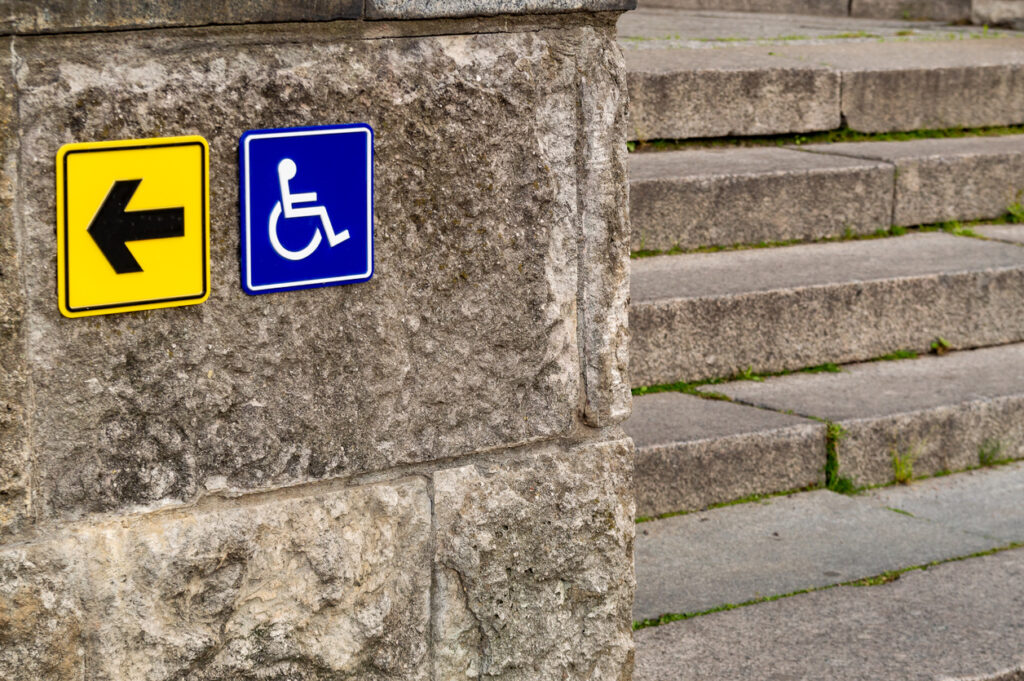The United States has thousands of colleges and universities across the country. Each is unique in its own way, but all schools have something in common: they cannot discriminate against anyone due to his or her disability.
U.S. schools are responsible for making their courses, campus, activities and services accessible to people with disabilities. This includes physical access to college buildings, transportation, housing, and other facilities.
Schools are also required to provide reasonable accommodations and services so students with disabilities can access their education. This includes classes, tests, and school-sponsored events and activities.
Services for People with Disabilities
Most schools have on-campus resources or offices that provide services for students, scholars, and staff with documented disabilities, regardless of citizenship. These offices typically provide information about:
- Accessible on-campus classrooms, labs, libraries, cafeterias, housing, and transportation.
- How to request disability-related accommodations, such as sign language interpreters, note takers, readers, alternative formats, quiet space for testing, additional time for testing, etc.
- Referrals for community services they do not provide such as personal assistants, sighted guides, or personal aids/equipment.
- How to access and use assistive technology, adaptive equipment or software.
- Adaptive sports, recreation, and other on-campus activities.
- How to seek counseling services for stress, anxiety or depression, or tutoring services for learning challenges.
- How to join clubs or support groups for students with disabilities and their friends.
- Academic advising and consultations on instructional, attitudinal or physcial barriers.
Not all schools have the same services available. If you are considering a specific college or university, research its disability resources. Ask detailed questions about disability services and accessibility on campus so you can make an informed choice about where you wish to study.
Roles and Responsibilities on Campus
The Association on Higher Education And Disability outlines how the student, faculty and disability services office may typically work together:
Student Role
- Provide medical and/or psychological documentation to Disability Services
- Participate in process of determining and implementing reasonable accommodations
- Inform Disability Services when accommodations are not working, need to be modified or symptoms change
Faculty Role
- Referral to Disability Services
- Participate in process to determine and implement reasonable accommodations
- Identify essential course components for accommodations to be determined
- Request assistance (From Disability Services) with accommodation, implementation, or consultation
Disability Services Role
- Maintain medical/psychological documentation in a confidential manner
- Determine if condition(s) are a disability in accordance with state and federal laws
- Identify and assist with implementation of reasonable accommodations
- Request updated documentation when symptoms change to determine if accommodations need to be modified
- Provide information and referral to campus and community resources to resolve disability-related issues
Read “Top 10 Disability Resources On Campus” under Related Resources for getting what you need in the U.S.


